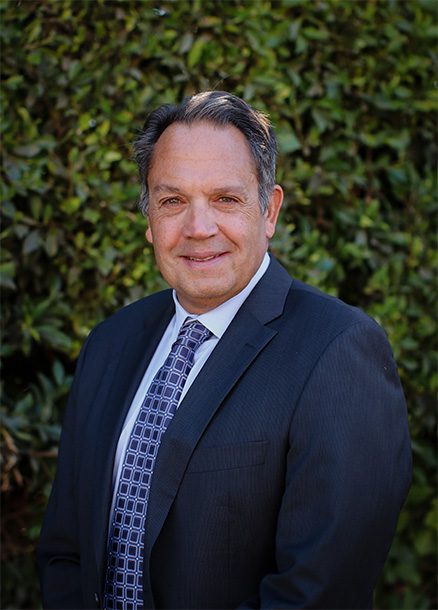Alzheimer’s Disease and Advance Health Care Directives
Posted on: August 8, 2023
Botti & Morison Estate Planning Attorneys, Ltd.
There are more than 5 million Americans suffering from Alzheimer’s disease. Projections by the Alzheimer’s Association (alz.org) are that by 2050 more than 14 million Americans will suffer from this disease. What can you do if you are medically diagnosed with Alzheimer’s? Aside from following the advice of your medical doctor a critical step in your overall estate plan is an Advance Health Care Directive to ensure your future wishes are met when you are no longer able to think or communicate clearly because of your disease progression. Having an Advance Health Care Directive that accurately and legally reflects your health care wishes and a Durable Power of Attorney for financial purposes allows you to focus on enjoying your life knowing you are doing all that you can to address your future circumstances.
Now that Alzheimer’s disease is the 6th leading cause of death in the US, a newer Advance Health Care Directive specifically addressing dementia is becoming more common, An Advance Health Care Directive that includes dementia provisions takes a comprehensive look at living with Alzheimer’s. Issues like where you will live, coping with profound changes in intimate relationships, how to finance your care, your preferred caregiver and healthcare agent, care of your pets, when you stop driving, and more. The essence of a dementia directive is to make life decisions that will span the course of time you survive with the disease. Life expectancy after a diagnosis of Alzheimer’s can range from as short as three years, with an average of eight to ten years, and as long as twenty years. Your dementia directive provides you a measure of control and a sense of relief that your intentions are known when the time comes when you can no longer communicate them effectively. This document also serves as a detailed guideline for your loved ones to follow.
Some Advance Health Care Directives with dementia provisions may even include an end-of-life strategy known as “voluntarily stopping eating and drinking” or VSED. A VSED is considered a legitimate way to hasten death and is used in cases of terminally ill patients. Originally a VSED addressed a patient experiencing physical decline while maintaining cognitive function. In the case of Alzheimer’s, a VSED addresses the opposite issue of cognitive decline. Most people, when faced with a future of being mentally unfit in a body that will not quit, prefer to find an exit strategy they consider has a modicum of dignity. A VSED can prevent distressing situations for yourself and your family system.
Though requests for VSED are currently uncommon there is a groundswell of patient-driven need. This need says that if incapacitated through dementia, their choice is not to endure what can be a long physical decline while cognitively absent. Most people do not want life prolonged beyond the point where they are participating in it. Still, state and federal laws have to catch up to VSED as, by law, long-term care facilities are required to offer daily meals with feeding assistance if necessary.
An Advance Health Care Directive should also address cardiopulmonary resuscitation, the use of ventilators, artificial hydration (intravenous fluids) and nutrition (feeding tube), participation in research and clinical trials, organ donation, comfort care, and pain relief services. Having an Advance Health Care Directive in place not only assures you but also provides relief to your family. Your clearly defined choices can lighten the suffering your own family will feel when you can no longer communicate with or recognize them. Reconciling end-of-life scenarios is always challenging, but once handled, it frees you up to get on with the joy of living.
We would be happy to help you create an Advance Health Care Directive for your needs and desires. Please contact us today at 877-585-1885 to schedule a free consultation to discuss your legal matters.
Thanks for reading.
Christopher E. Botti, Esq., Certified Specialist in Estate Planning, Trust and Probate Law







